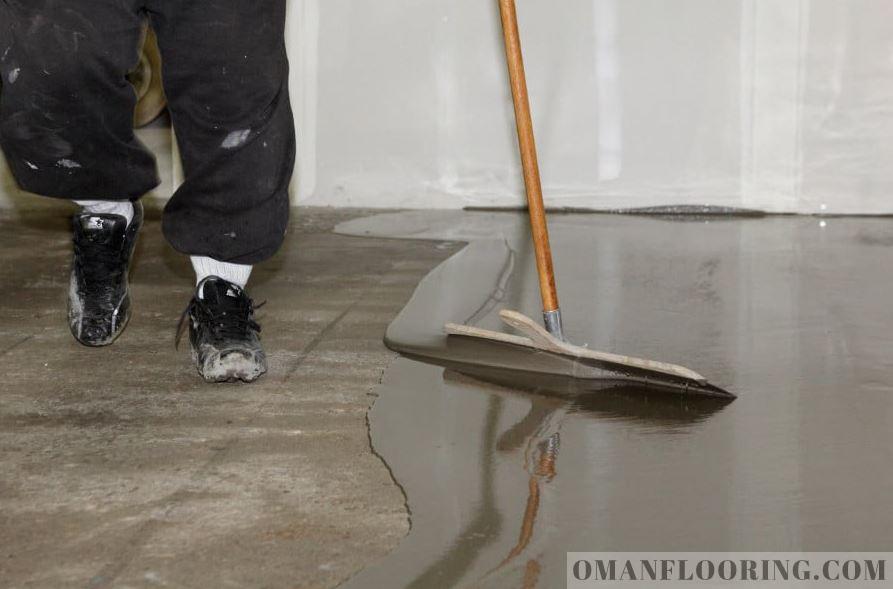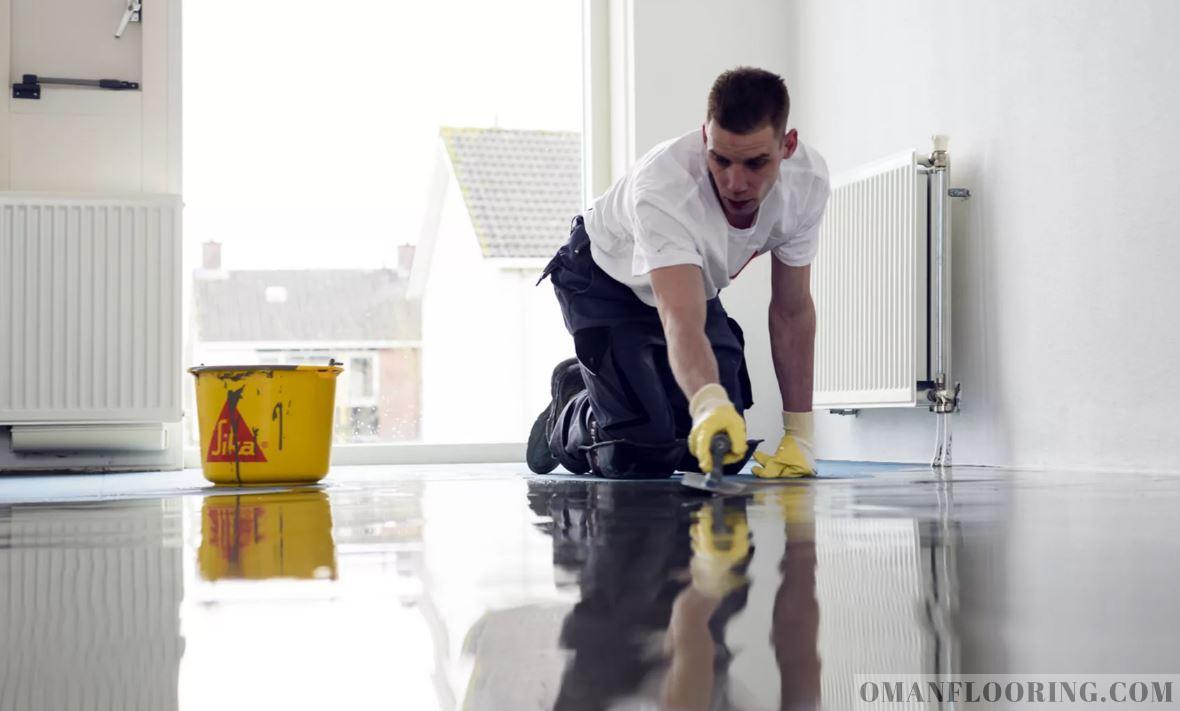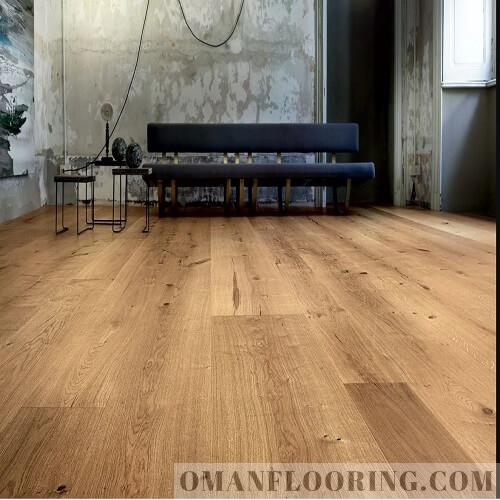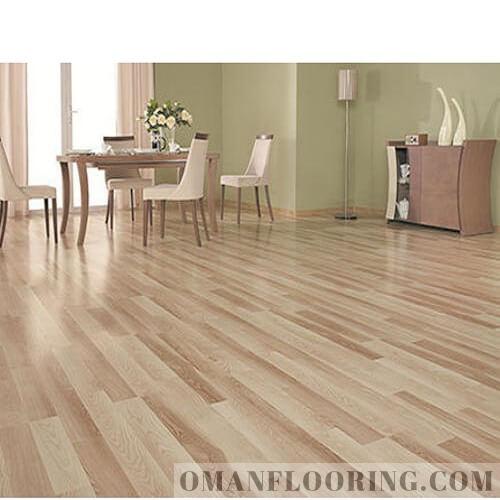Floor Self leveling
Choose the best program to suit your needs
Get the Perfect Surface for Your Space with Floor Self-Leveling
Self-leveling is a process that involves applying a compound to your existing floor to create a smooth and level surface. The compound is spread evenly over the floor and then left to dry and harden. Once it’s dry, the surface can be sanded or painted to achieve the desired finish.
One of the main benefits of self-leveling is that it’s ideal for uneven surfaces. If your floor has bumps, dips, or cracks, self-leveling compounds can help to fill in the gaps and create a level surface. This is especially useful if you’re planning to install new flooring, as it can help to ensure that your new floor is installed correctly.
Self-leveling screed is a type of self-leveling compound that’s specifically designed for larger areas. It’s typically used in commercial spaces or homes with large open-plan areas. Self-leveling screed is applied in a similar way to regular self-leveling compounds, but it’s spread out over a larger area.
Another benefit of self-leveling is that it’s a quick and easy process. Unlike traditional floor leveling methods, which can be time-consuming and messy, self-leveling compounds can be applied quickly and easily. This means that you can have a new, level surface in no time.
Uneven floors can be an eyesore and a safety hazard, causing people to trip and fall, and make furniture unstable ?
A floor that’s not level can make a room look unattractive and unprofessional, and it can detract from the overall appeal of a space.
In addition to being unattractive, uneven floors can also be a safety hazard. They can cause people to trip and fall, which can lead to serious injuries. This is especially true for the elderly or those with mobility issues. Uneven floors can also make furniture unstable, which can cause it to wobble or even topple over.
Addressing uneven floors is important for both aesthetic and safety reasons. Fortunately, self-leveling compounds and screeds can help to create a smooth and level surface that’s safe and attractive. These compounds can fill in gaps and cracks, creating a level surface that’s ideal for installing new flooring or simply improving the appearance of a room.
Why Choose Us?
Experience: Our team has years of experience in the industry, and we’ve worked with a wide range of clients to level their floors. We know what it takes to get the job done right, and we have the skills and expertise to tackle even the most challenging projects.
- Quality: We pride ourselves on the quality of our work. We use only the best materials and equipment, and we’re committed to delivering results that exceed your expectations. When you choose us, you can rest assured that you’re getting the best possible service.
- Professionalism: We understand that having work done on your property can be stressful, which is why we’re committed to providing a professional and stress-free experience. We’ll keep you informed throughout the process, and we’ll work efficiently to minimize disruption to your daily routine.
- Customer Service: At the heart of our business is a commitment to customer service. We’re dedicated to providing personalized service that meets your unique needs, and we’ll work with you every step of the way to ensure your complete satisfaction.
- Competitive Pricing: We believe that quality service should be affordable, which is why we offer competitive pricing on all of our services. We’ll work with you to find a solution that fits your budget without compromising on quality.
FAQs
A: Floor self-leveling is a process in which a self-leveling compound or screed is applied to a floor to create a smooth and level surface. The compound is poured onto the floor and then spread evenly using a trowel or similar tool.
A: Self-leveling floors offer a range of benefits, including improved safety, a more attractive appearance, and greater stability for furniture and other objects.
A: The time it takes to level a floor depends on a variety of factors, including the size of the space, the condition of the floor, and the type of self-leveling compound being used. In general, however, the process can take anywhere from a few hours to several days.
A: Yes, self-leveling floors are a popular choice for commercial spaces, such as offices, retail stores, and warehouses.
A: In most cases, self-leveling floors can be installed over existing flooring, such as tile, wood, or concrete. However, the condition of the existing flooring will need to be evaluated to determine if it's a suitable base for the self-leveling compound.
A: The cost of leveling a floor depends on a variety of factors, including the size of the space, the condition of the existing floor, and the type of self-leveling compound being used. In general, however, you can expect to pay anywhere from $2 to $10 per square foot.
A: A properly installed and maintained self-leveling floor can last for many years. The lifespan of the floor will depend on a variety of factors, including the type of compound used, the amount of traffic the floor receives, and how well the floor is maintained.
A: Yes, self-leveling floors can be customized in a variety of ways, including adding color, texture, or patterns to the surface.
A: While it's possible to level a floor yourself using a self-leveling compound, it's generally best to hire a professional to ensure that the job is done right. A professional will have the expertise and equipment needed to achieve a smooth and level surface.










